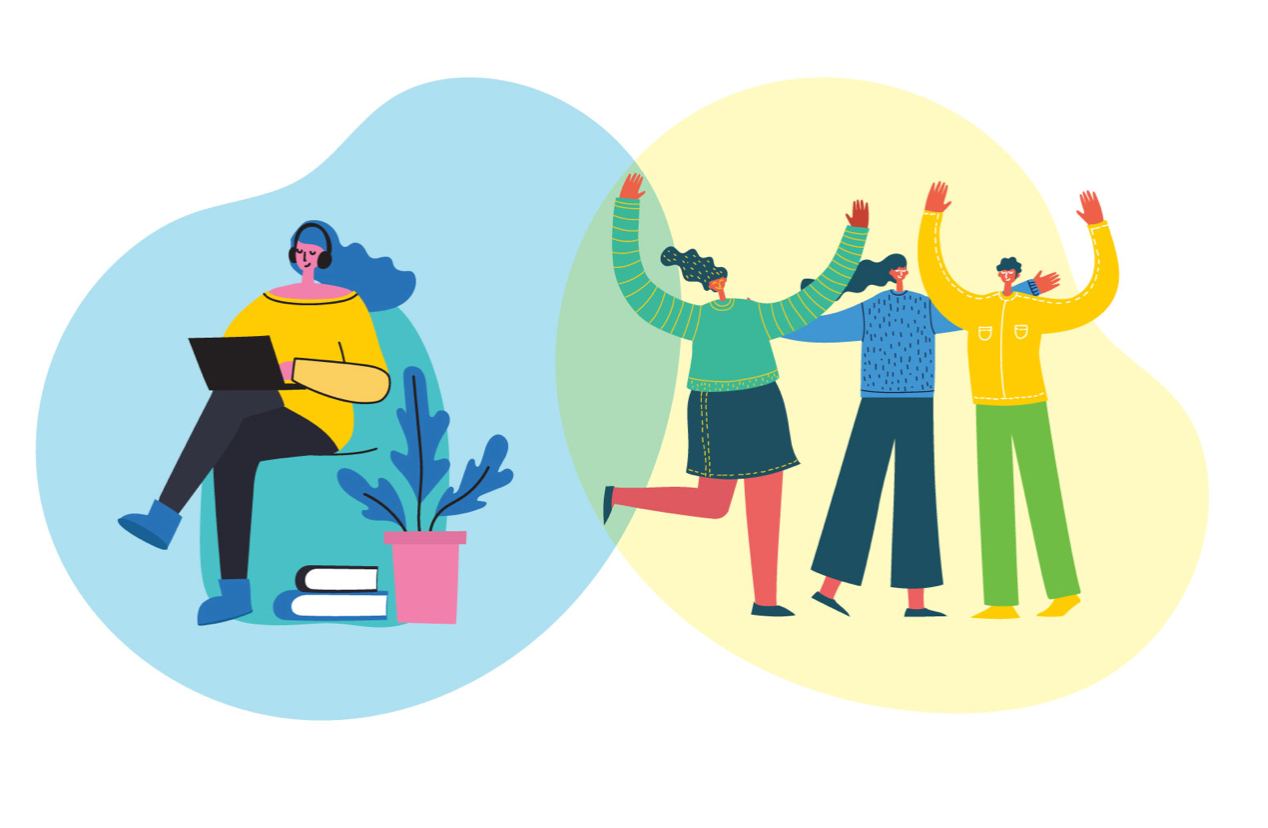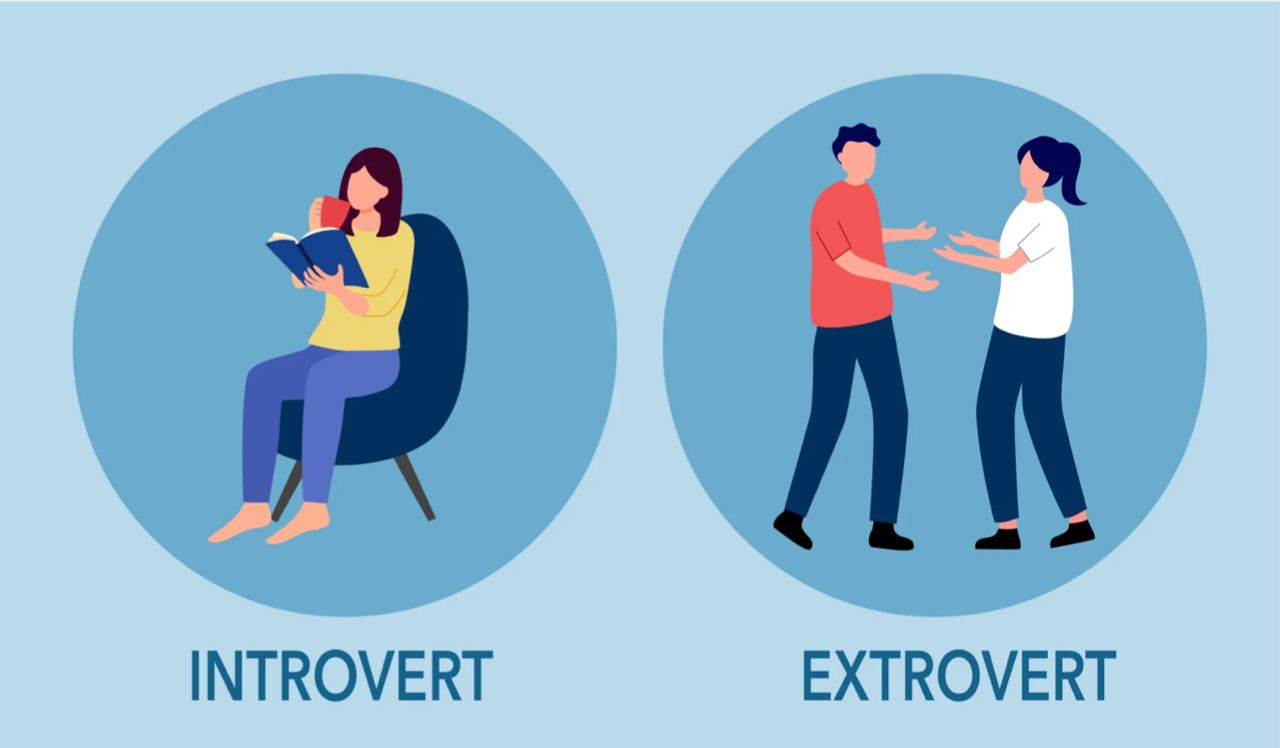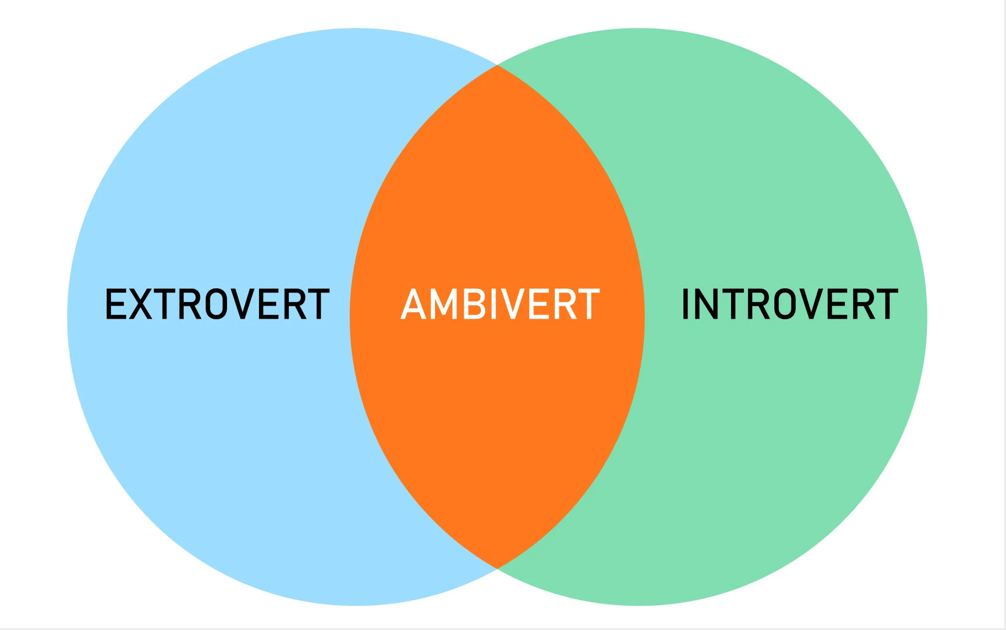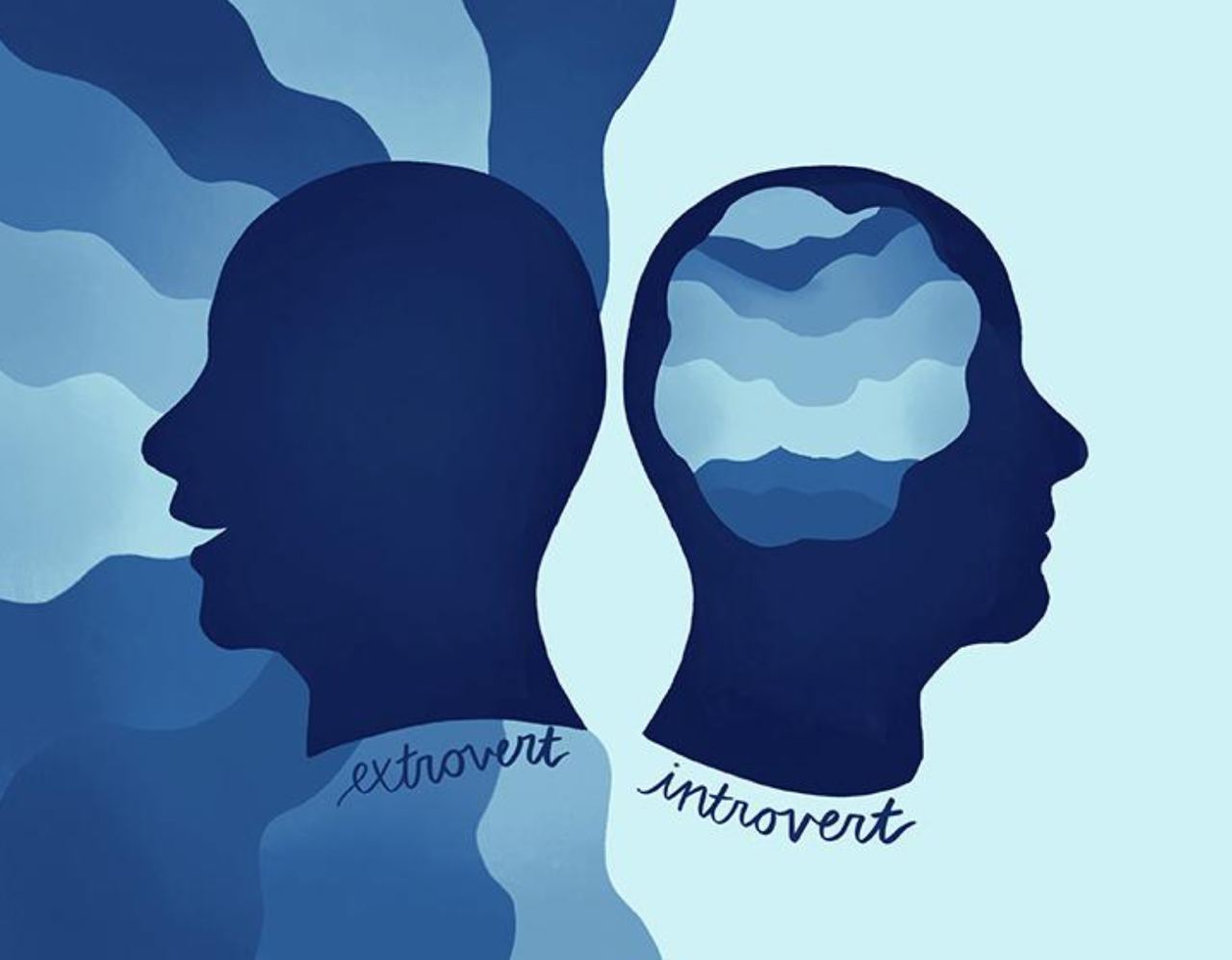When you become aware of your introversion. You can find yourself extroverted on occasion. That could be an indication that you do not completely understand yourself.
The two most common personality traits that are frequently employed to describe people are introversion and extroversion. Do you feel torn between your current personality, regretting not going out more, or worrying less? Or simply be more cordial with others? Do you feel more like an extrovert sometimes yet an introvert other times?

If your personality is making you feel uncertain. Introversion and extroversion might not be terms you comprehend. The two personality types and how to easily identify oneself are discussed here along with common misconceptions about them.
1. Introverts are quiet people, while extroverts are good at communicating
Many people assume that introverts are quiet, restrained, or even shy. While extroverts are thought to be talkative, gregarious people.
In reality, introverts function better alone or in small groups of individuals for deep, intimate interactions than in large groups. Extroverts, on the other hand, get their energy from larger social events like parties and group activities.
2. Introverts only work independently, extroverts work better in groups
Again, this is an entirely incorrect viewpoint. A collaborative talent is teamwork. Individually, introverts often do better and feel more at ease working individually. However, that does not imply that they dislike working in teams.
In contrast, introverts are frequently excellent listeners, allowing them to take in deeper meeting concepts that extroverts might miss.

3. Successful people are often extroverts
It is a proven fact that if you are friendly, people will adore you. In our culture, extroversion is praised and extroverts are valued. The amount of extroverts who are more successful than introverts, however, is not quantified in any way.
Did you know there are many talented and successful leaders out there who are introverts? – Name Bill Gates, Elon Musk, Barack Obama and Abe Lincoln?
Why do you need to understand introversion and extroversion?
1. Determining what personality type you are inclined towards will help you find your strengths.
You might also believe that you are qualified for positions requiring autonomous thought and problem-solving skills, such as planning and strategizing rather than executing. Warren Buffet famously observed that instead of attempting to be a fool among clever people, you should concentrate on your strengths. The important thing is to recognize your introverted strengths and limitations so that you may gradually improve your deficiencies by expanding your skill set through learning and training. join up with someone who is better at that skill than you are, perhaps an extrovert.

2. Helps you determine a suitable working environment and how to get along better with colleagues when working in groups.
In a small setting where individuals genuinely care about one another and have close ties, you might feel at ease. Would you feel more comfortable working for a big company or for a tiny startup?
So how to determine whether you are an introvert or an extrovert?
There are a lot of sites available that can help you figure out your personality type. But you may easily determine this by looking at how you recharge your batteries.
When at a business party, introverts prefer to observe and enjoy rather than actively engage in the conversations. Simply put, they enjoy being alone. Introverts frequently think more than they speak in a group setting at work. These individuals will be excellent project planners or strategists. Extroverts are also good at implementation and will get right to work with enthusiasm.
If you are still not convinced, read this since you might be an ambivert: neither reserved nor outgoing. But even if you fall halfway in the middle of these two personality types, you still lean more towards one than the other.

